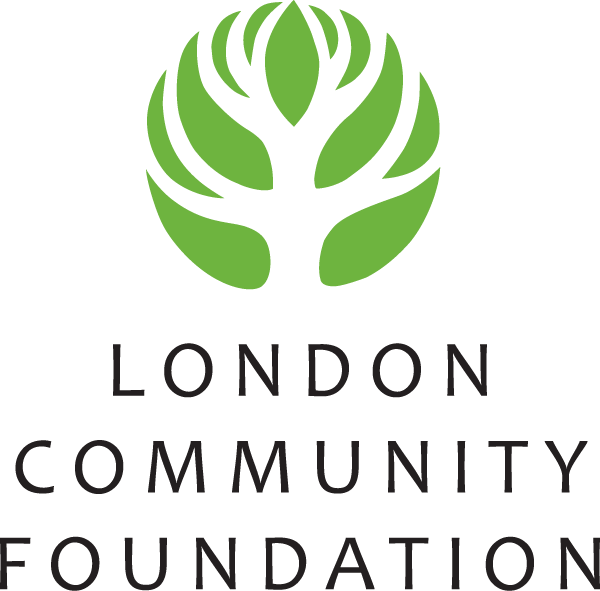London Community Foundation launches 2020 Vital Signs Report: Be the Change
London Community Foundation launches 2020 Vital Signs Report: Be the Change
London Community Foundation (LCF) has launched its 2020 Vital Signs Report, Be the Change. Taking the pulse of our community, this special edition of Vital Signs amplifies voices from local leaders, delivering an urgent call to action to address longstanding structural issues and inequities that have been magnified by the COVID-19 pandemic.
“COVID-19 brought many structural inequalities into sharp focus. It also demonstrated that we can act together to change systems and practices, even when confronted with significant fear and uncertainty,” says Dr. Jerry White, Vital Signs Chair & LCF Board Member. “A community can only be as strong as its most vulnerable person and right now too many Londoners are being left behind.”
Vital Signs is a biennial community check-up that measures how our community is faring on a number of issues that are significant to well-being and quality of life. The goal of the report is to reflect the current realities of our community while providing readers with tangible actions to create change on a personal and community level.
This year’s report examines six issues that have been disproportionately impacted by the pandemic – housing, racial equality, gender equality, health and well-being, food security, and education.
These issues were selected by LCF based on the grant requests they received through their LCF COVID-19 Response Fund. These areas were hit the hardest by the pandemic and have been identified by local agencies as most pressing during this time. However, these issues are not new for London - COVID-19 has only magnified them.
“As a society, we can’t go back to ‘normal’ because normal wasn’t working,” says Dr. White. “We must direct the same energy and commitment we did to flatten the curve to transform the systems that do not work equally for all Londoners.”
Report highlights:
Housing
There are 5000 Londoners are currently on the waiting list for rent geared to income housing. 13% of Londoners are living in core housing need while 17% of Indigenous and 39% of newcomer communities are living in core housing need.
Racial Equality
Indigenous and newcomer populations face alarming rates of poverty - 36% of our Indigenous community and 55% of our newcomers are living at or below the poverty line.
Increase in hate crimes - 2018, there were 34 police reported hate crimes reported in London, up from 26 the previous year
Gender Equality
Domestic violence is on the rise – Family Service Thames Valley indicates at least a 30% increase in cases since the pandemic began.
Women’s labour force participation rates have dropped to the lowest levels in three decades.
Health & Well-being
The most diverse and marginalized neighborhoods in London have been at far greater risk of being exposed to COVID-19. Between June 7 and June 20, these areas saw approximately 4 times as many cases as the more affluent areas of our city.
Food Security
1 in 7 households in our community experience food insecurity.
Education
Approximately 16% of adults in London do not have a high school diploma. Our Indigenous populations are even more adversely affected by educational inequality, with 28% without a high school diploma.
To view the full report visit: www.bethechangelondon.ca

